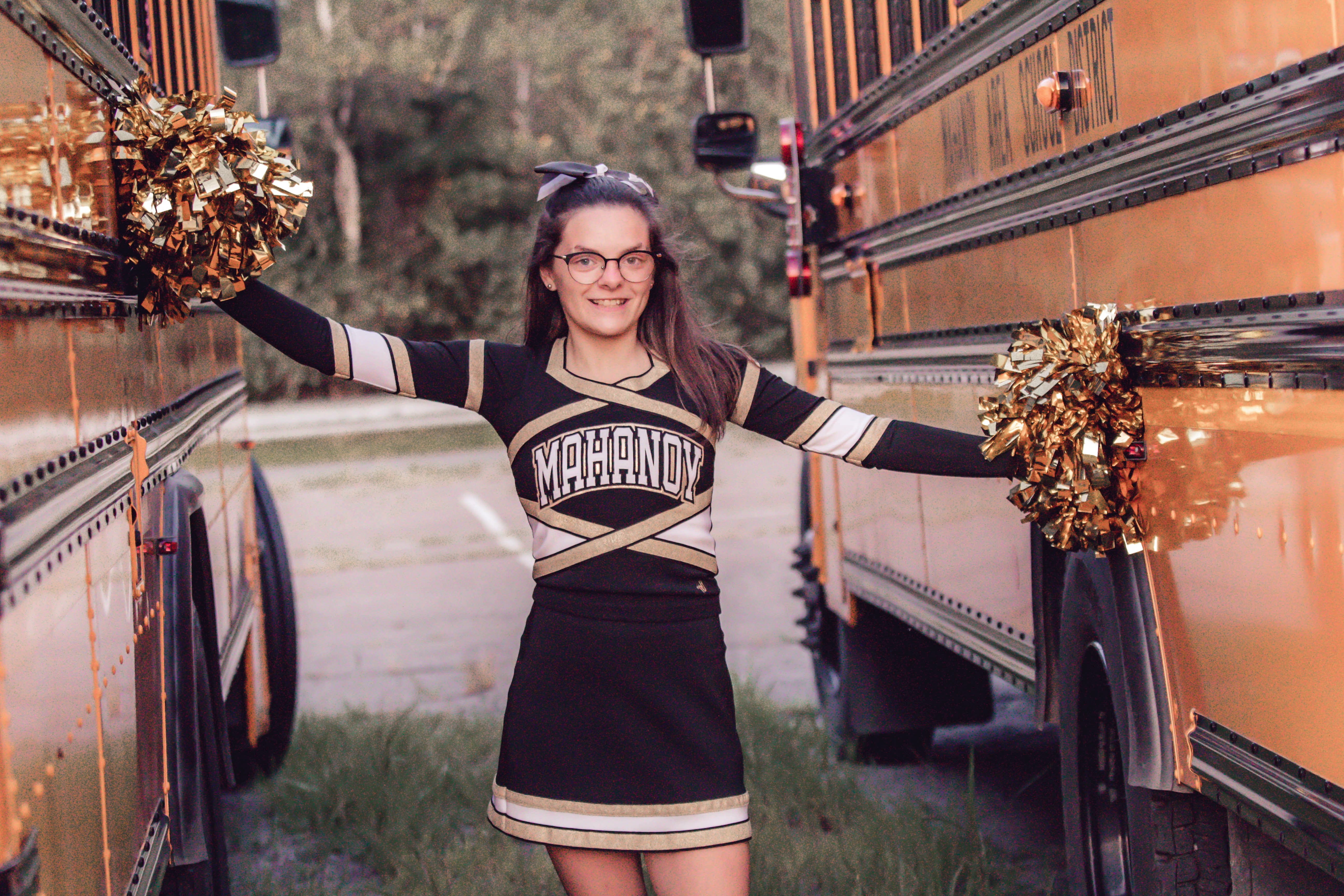Supreme Court rules for cheerleader who lashed out at school on Snapchat in major free speech case
Court rules student’s Snapchat comments fall under First Amendment protection

The Supreme Court delivered its latest ruling in defense of the First Amendment rights of students on Tuesday with an 8-1 decision in favor of a high school student who sued after she was removed from her school’s cheerleading team after criticising the school on Snapchat.
The justices found in their ruling that the speech in question did not fall under the exceptions spelled out in Tinker v Des Moines, a previous landmark ruling that found school officials may regulate speech that materially affects classroom activities or targets specific individuals.
Wednesday’s ruling is one of the most significant wins for students at the Supreme Court over the issue of their First Amendment rights in years. It left open the possibility that student speech can be regulated when made on social media or off-campus in another manner, but only if it rises to the level where it presents a special interest for the school to take action.
The case was brought by an unnamed plaintiff, referred to only as “BL” in court documents but identified as Brandi Levy in media reports, against a small, rural Pennsylvania school district. The post in question was an image taken off school grounds on a weekend, when the plaintiff was not participating in school activities, and contained a caption that directed expletives at her school and its various athletic teams, none of which were named. No school officials or students were mentioned by name either.
Regardless, the post came to the attention of school administrators, who removed “BL” from the junior varsity cheer team for the upcoming school year; a district court’s injunction blocked that move, however, and the case made its way through the levels of the judiciary.
In Wednesday’s ruling, the justices wrote that “the special interests offered by the school are not sufficient to overcome BL’s interest in free expression in this case”, and found that the Mahanoy Area School District of Schuylkill County, Pa., had violated a student’s rights by removing her from the junior varsity cheer squad following remarks about the varsity cheer squad and school itself on Snapchat.
The student’s posts “are entitled to First Amendment protection”, the ruling continued. “The statements made in B L’s Snapchats reflect criticism of the rules of a community of which B. L. forms a part. And B. L.’s message did not involve features that would place it outside the First Amendment’s ordinary protection.”
“[C]ourts must be more skeptical of a school’s efforts to regulate off-campus speech, for doing so may mean the student cannot engage in that kind of speech at all,” the justices went on to warn.
During oral arguments for the case, justices could be heard struggling with their ability to create a test to determine when off-campus speech could be regulated, with Justice Brett Kavanaugh suggesting that the Court simply note that schools are not prohibited from doing so before sending it back to a lower court. Some justices even questioned whether the line between on-campus speech and off-campus speech was clear given the prevalence of the use of social media platforms, particularly among younger Americans.
“I’m frightened to death of writing a standard,” added Justice Stephen Breyer.
In April, an attorney for the school district sharply condemned the lower court’s decision finding that the school had no right to discipline Ms Levy because her speech occurred off campus, claiming that such a distinction was “silly, arbitrary, unfounded [and had] no basis in any common sense.”
Join our commenting forum
Join thought-provoking conversations, follow other Independent readers and see their replies
Comments
Bookmark popover
Removed from bookmarks